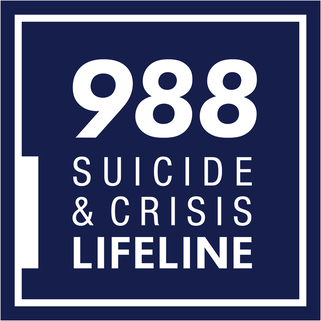|
Bipolar depression (depression that occurs after a history of one or more manic or hypomanic episodes) is treated differently that unipolar depression (depression that occurs without a history of manic or hypomanic episodes). Bipolar treatment guidelines used to recommend antidepressants as the first line treatment of bipolar depression until 2002 when the APA (American Psychiatric Association) changed their guidelines.
The change was due to studies and observational data that showed two concerns: antidepressants may not be effective in treating and preventing bipolar depression and may worsen the long-term course of the illness (cycling more often between depression and mania). If you are diagnosed with bipolar disorder and on an antidepressant, there may be a reason for it. For example, a mood stabilizer did not work or you are taking it in combination with a mood stabilizer to help with residual bipolar depressive symptoms or due to a comorbid anxiety disorder. Some common examples of mood stabilizers are lithium, lamotrigine, and valproic acid. Although these medications may have side effects, they should be considered at the core of any treatment regimen for bipolar disorder.
3 Comments
12/19/2019 03:34:21 am
Nice ! It is very informative, I would recommend Meddco Healthcare https://www.meddco.com/ for affordable healthcare packages and services
Reply
7/18/2022 11:24:01 pm
This was a great and interesting article to read. I have really enjoyed all of this very cool and fun information. Thanks
Reply
Leave a Reply. |
|
Please DO NOT use this email address for medication refill requests or for emergency situations.
Click here for refill requests instead of using email: Medication Refill Request Form If you have a medical emergency, email is never the appropriate way to communicate your needs, and you should instead call 911 or go to the nearest ER. If you are having suicidal thoughts and need to speak to someone immediately, you can contact Suicide Prevention Hotline at the number (and link) below. [email protected]
Communications via email are not secure. Although it is unlikely, there is a possibility that the information you include in an email can be intercepted and read by other parties besides the person to whom it is addressed. |
|
2024 Providers for Healthy Living | All Rights Reserved
|

